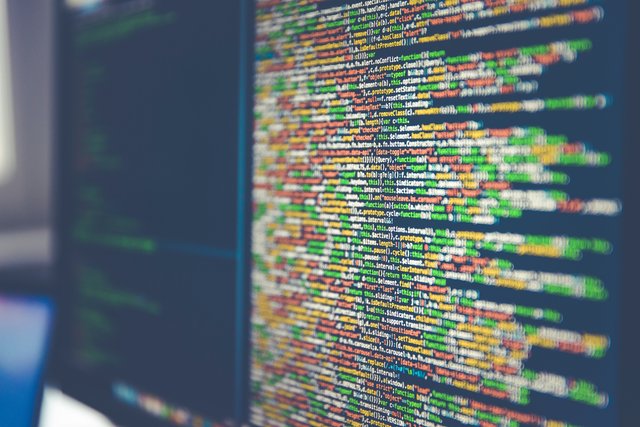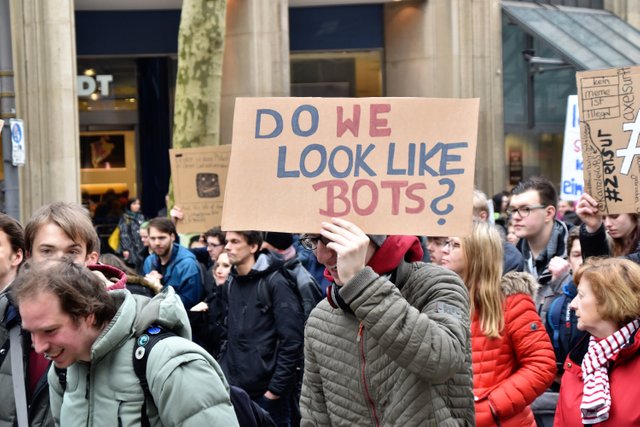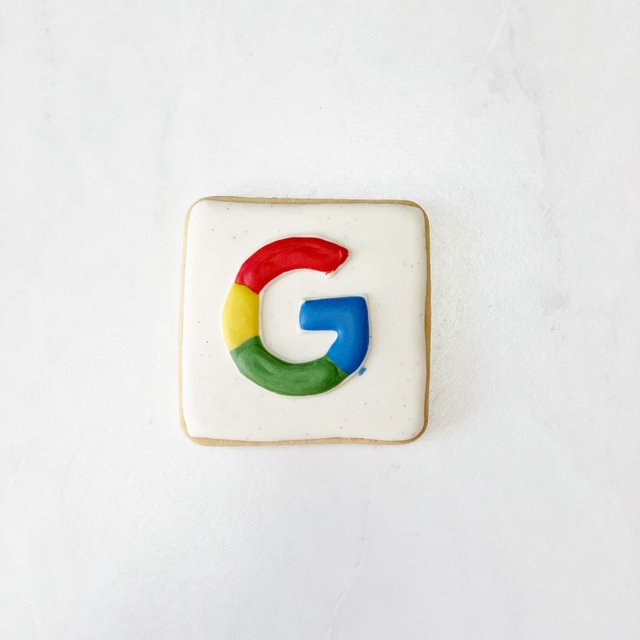In our time, censorship is committed without our noticing


We now live in an era that the American professor Tim Wu calls an era of information abundance or information overload. No censorship is now committed by restricting information, but by inundating people with it.
With so much disinformation, false information and allegations of fake news, people no longer know the difference between truth and lies. The freedom of expression also becomes a tool to censor. You can see that in the Philippines, for example. Like the Soviet Union in the late 1980s, the Philippines went through a wave of democratization. They freed themselves from a military dictatorship based on censorship. The current leader, Rodrigo Duterte, also prosecutes dissidents, activists and opposition figures, but not by imposing restrictions.
He has cyber militias and an online mafia that harass people who don't like him. Just by saying that they are fake news, biased, or pro-western. When journalists say they are being attacked, Duterte's spokespersons say: "This is the freedom of speech you wanted. There is nothing illegal on all those online accounts." And if you want to do something about this, you'll have to prove it. And that's the difficult part. How do you prove this? When are you online? Is it a reaction from a real person, or from a bot, a troll or a cyborg?

And somewhere they are right. Article 19, the important article in the Declaration of Human Rights, does not state that disinformation is punishable. It is about the freedom of expression and the right to information, but not about disinformation, bots or trolls. In this complex position, we need philosophical or legal means to combat this new form of oppression.
As if the powers-that-be have hacked the ideals for which democratic activists fought for.
Everyone has the right to freedom of opinion and expression; the right includes freedom to hold opinions without interference and to seek, receive and impart information and ideas through any media regardless of frontiers. - Article 19

Use of data and manipulation
And also something else is being undermined. If we express ourselves a lot on the internet and behave like famous writers in our Facebook posts, show a lot of ourselves, then those expressions are increasingly used to manipulate us.
There is now, in fact, a new type of censorship. We do not understand how our information environment works. When you read something on the internet, you don't know whether it comes from a bot or a troll or from your mother-in-law. When we see a certain piece of information, we don't know why an algorithm made that choice. According to Trump, the 2020 election shall be rigged, because Google gives priority to progressive news. But we can impossibly know that because we don't know exactly how Google works. It is a black box. We do not know which of our data they use to bombard us with certain messages.

Online political campaigns are obscure. We do not know what messages are sent to others. In the world we live in, the entire information climate around us is created by invisible forces. So we cannot respond to it, or analyze something that is incomprehensible. We have to break through this new form of censorship. This is only possible through regulation. But then everyone has to demand it. So it's up to you. We need regulation for a transparent and comprehensible internet.
Immediately when you read something online, you should understand where it comes from. Anonymity is fine. But why does someone want to remain anonymous? Disinformation is not content, but behavior. Some forms of behavior are misleading. They must be banned.
Control of algorithms in all forms is therefore needed. If political messages reach us via the internet, we must know how our data was used. We must open the internet out so that we have a better understanding of its functioning.
I agree that doesn't solve everything. But don't we need a playing field where we are all equal?

Links:
Photo 1 by Markus Spiske on Unsplash
Photo 2 by Waldemar Brandt on Unsplash
Photo 3 by Lauren Edvalson on Unsplash